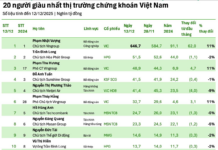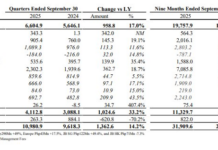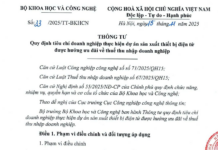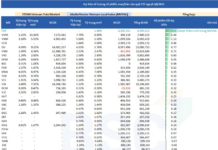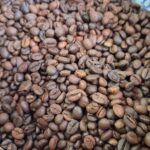The trading session ended last night, and as of early this morning on August 30 (Vietnam time), Robusta prices on the London exchange rose by 7 to 16 USD/ton, while Arabica on the New York exchange saw a stronger surge, with an increase of 1.63% to 2.28%.
At the reference period, the November 2025 Robusta price reached 4,815 USD/ton after a gain of 7 USD; the December 2025 Arabica price increased by 190 USD to 8,410 USD/ton.
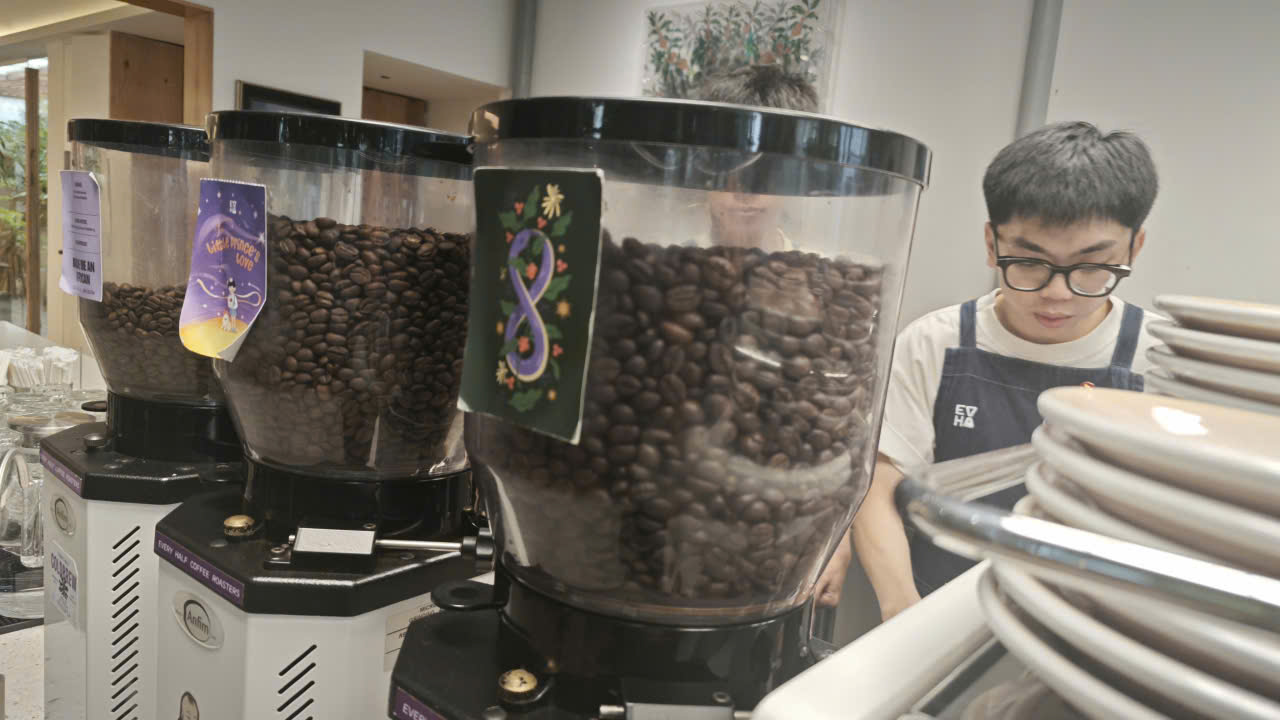
Coffee prices rebound after just one session of decline
In the domestic market, coffee prices are expected to adjust slightly around the average of 122,300 VND/kg, compared to the previous session’s London opening. However, the reality over the past few months has shown that domestic coffee prices no longer closely follow international trends but are mainly dependent on domestic supply and demand.
Some businesses attribute the sharp rise in international Robusta prices to a shortage of supply on the London exchange, along with “ambiguous” factors related to countervailing duties, prompting investors to take advantage and push up prices.
The situation in Vietnam is somewhat different. Many financially stable farmers are not under pressure to sell, so they continue to hold their stock. This has led to instances where domestic coffee prices were more than 10,000 VND/kg higher than global market prices.
With just about a month left, Vietnam will enter the new harvest season. Many localities have advised farmers to pick coffee beans when they are ripe to ensure both yield and quality, thereby helping maintain the competitive advantage of Vietnamese coffee in the export market.
Today’s Coffee Prices: A Bitter Brew as Prices Plummet and Stocks Run Dry
Today’s coffee prices are not surprising to many, as last week’s surge was expected to be followed by a period of adjustment.
The Sweet Success of Cocoa: Scaling New Heights
Cocoa prices have soared to record highs, matching the peak seen back in April this year. Speculators are fueling this surge with their continued buying spree, driven by concerns over potential supply shortages.












